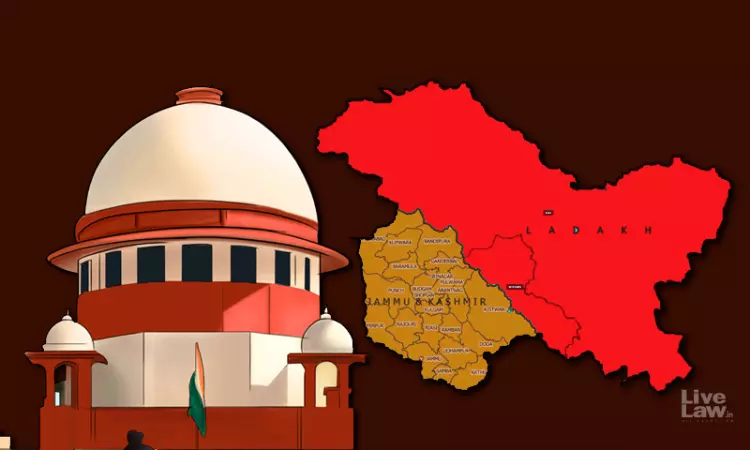Supreme Court Dismisses Challenge To Delimitation In Jammu & Kashmir
Sohini Chowdhury
13 Feb 2023 11:35 AM IST

Next Story
13 Feb 2023 11:35 AM IST
The Supreme Court, on Monday, dismissed a petition which challenged the delimitation exercise carried out for redrawing the Legislative Assembly and Lok Sabha constituencies in the Union Territory of Jammu & KashmirA Bench comprising Justice S.K. Kaul and Justice A.S. Oka passed the order in a plea, inter alia, challenging the delimitation exercise undertaken in the Union Territory of...
